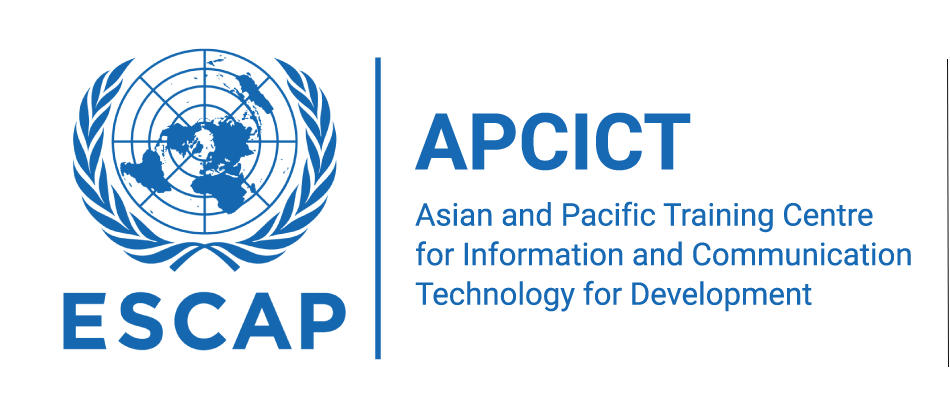The regional arm of the United Nations in Asia and the Pacific has teamed up with the government of the Republic of Korea to improve access to information and communication technology (ICT) for persons with disabilities by offering training to policy-makers from developing countries in the region. The four-day workshop in Incheon target policy-makers from six Asian countries.
29 September 2008
Press Release No. G/46/2008
Bangkok (UN/ESCAP Information Services) - The regional arm of the United Nations in Asia and the Pacific has teamed up with the government of the Republic of Korea to improve access to information and communication technology (ICT) for persons with disabilities by offering training to policy-makers from developing countries in the region.
Government representatives of Cambodia, Indonesia, Mongolia, the Philippines, Sri Lanka and Viet Nam are attending a regional workshop which opened today (29 September) in Incheon, Korea. They are joined by ICT accessibility experts from the International Telecommunication Union, Germany, the USA, Japan, Thailand, and the Republic of Korea.
The four-day workshop was organized by the United Nations Economic and Social Commission for Asia and the Pacific (ESCAP) and its subsidiary, the Asian and Pacific Training Centre for Information and Communication Technology for Development (APCICT), in conjunction with the Korea Agency for Digital Opportunity and Promotion (KADO).
Asia and the Pacific is home to approximately 400 million people living with disabilities. Using a computer keyboard or being able to see information on the Internet – things that others take for granted – could be a huge challenge to many of them.
“The United Nations Convention on the Rights of Persons with Disabilities, which entered into force in May this year, emphasizes among other things the importance of the accessibility to ICT,” Ms. Thelma Kay, Director of ESCAP’s Social Development Division, told the workshop at its opening.
“Improving ICT accessibility can involve anything, from designing government web sites to work seamlessly with software to assist the visually impaired, to making sure specialized equipment to facilitate access is affordable,” said Ms. Hyeun-Suk Rhee, Director of ACPICT.
The four-day workshop will discuss the ICT accessibility guidelines for persons with disabilities, especially women and children, drafted by ESCAP and KADO and will take feedback and suggestions for its improvement and localisation to be better applied in participating countries. It will also share good practices in the provision of ICT accessibility to persons with disabilities.
The goal of the workshop is to adopt the guidelines and agree to develop implementation strategies in the countries represented.
APCICT will also deliver its own flagship training programme the ‘Academy of ICT Essentials for Government Leaders: ICT Project Management in Theory and Practices’, designed to better equip policy-makers for ICT project management.



